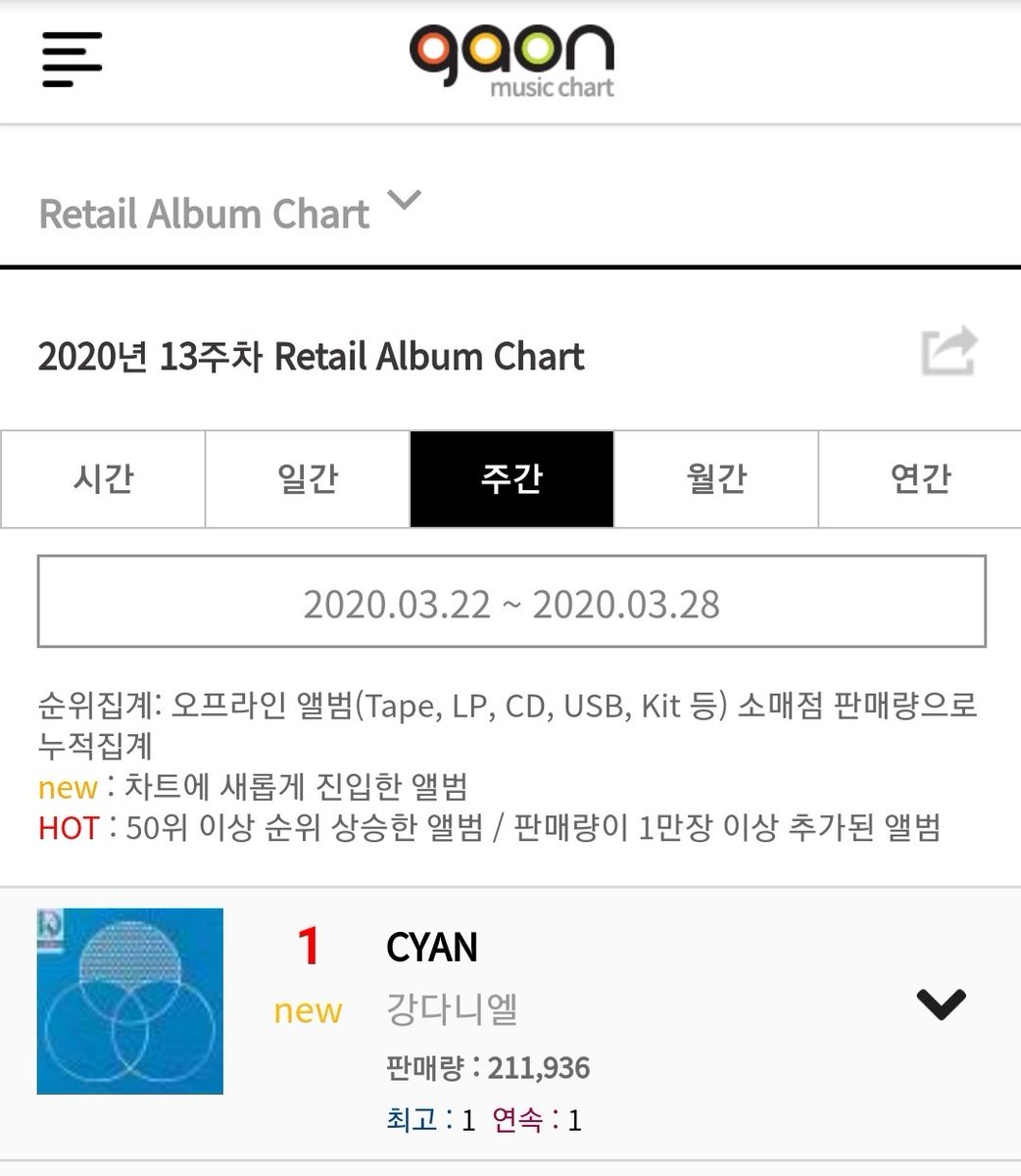According to Heger, most clients took advantage of the deferral of payments in April and May last year, while a moratorium of up to 9 months is possible. January and February will be the period when clients will return to repayment. The Minister stated that most clients in Slovakia requested a 9-month deferral. Famous March 22 Birthdays including Tyler Oakley, Merrick Hanna, Reese Witherspoon, Nick Robinson, Bear Payne and many more. Most people probably know that mortgage payments are due on the 1st of the month, but many loan servicers (those who collect your payments) will allow you to pay 15 days “late” each month. So even though your mortgage payments are technically due on the first each month, you can pay as late as the 15th every month without any kind of penalty. SSI benefits are paid on the 1st of every month. If the 1st is a holiday or weekend, you will receive your payment early. This is the SSI payment schedule for 2021: February 1. Some lenders require payment to me made before the close of business on your due date. This means that if your payment is due on March 1, the lender will require the payment be received and processed before the close of business on March 1. Other lenders require payments to be postmarked but not necessarily posted by the due date.
If you recently took out a mortgage, or have been thinking about purchasing real estate, you may be wondering when your mortgage payments will be due each month, among other things (like how late Ikea is open).
Well, mortgage payments are generally due on the first of the month, every month, until the loan reaches maturity, or until you sell the property.
So it doesn’t actually matter when your mortgage funds – if you close on the 5th of the month or the 15th, the pesky mortgage is still due on the first.
The only difference is when the first mortgage payment is due, which I’ve explained in my when mortgage payments start post.
Mortgage Due on the 1st, Late on the 16th?
- Mortgages are typically due on the first of the month
- But mortgage lenders generally provide a grace period
- Of up to 15 days to pay without penalty
- Meaning it’s only late if paid after the 15th of the month
Most people probably know that mortgage payments are due on the 1st of the month, but many loan servicers (those who collect your payments) will allow you to pay 15 days “late” each month.
So even though your mortgage payments are technically due on the first each month, you can pay as late as the 15th every month without any kind of penalty.

No late fees, no credit report dings, no issues whatsoever.
This is known as the “mortgage grace period,” similar to other grace periods you see with all types of other loans.
Some “savvy” consumers may even set up automatic payments to be sent mid-month, instead of paying on the first to maximize their cash flow.
But this can be a dangerous game, especially if your mortgage payment doesn’t make it to the servicer on time, for whatever reason.
March 22nd (1st Payment) 14th
Nowadays, this may be less of a problem thanks to speedy and generally reliable online payments, but it’s still a risk not worth taking.

The loan servicer may also harass you if you consistently pay late into the grace period.
What If I Pay My Mortgage Late?
- As noted, you get a generous grace period
- If still late after that you’ll be assessed a late fee, which can vary by lender
- Usually a small percentage of the monthly payment
- Only counts as a delinquency on your credit report if 30+ days late
If you play this “pay at the last minute game” each month, you could eventually get burned and wind up paying a mortgage late fee.
March 22nd (1st Payment) Calendar
These fees can vary, but are often pretty steep. We’re not talking a $20 late fee and a slap on the wrist.
We’re talking a percentage of the mortgage payment, such as 5%. So if your monthly mortgage payment is $3,000 a month, that’s $150 smackers.
And if you wait too long to make a payment, typically 30+ days beyond the due date, it could eventually be reported to the credit bureaus as a late payment, which will really hurt.
The result could be a substantial credit score ding, and greater difficulty obtaining subsequent mortgages in the future, a major issue if you need/want to refinance your home loan for some reason.
Or if you want to buy more real estate in the near future.
After all, lenders aren’t too fond of homeowners who don’t make their mortgage payments on time.
What If I Pay My Mortgage Before the Due Date?
- In most cases there’s no benefit to paying the mortgage before the due date
- Because they’re calculated monthly using simple interest
- Meaning you won’t save money or lose money on interest
- So it shouldn’t matter if you pay on the 1st or the 15th, as long as the payment is made on time
Okay, so we know paying late isn’t too smart, but what about paying the mortgage before the due date?
You might be thinking, “Hey, I can save money on interest if I make my payments on the 20th or 25th of each month, instead of the first of the next month.”
Not the case. Your loan servicer may accept payment on that date, but it won’t mean you’ll pay less interest.
The interest is already figured out for the month using the previous month’s balance, so it doesn’t matter if you pay a few days early.
This differs from credit cards and other types of loans, such as HELOCs, where the interest is calculated daily.
If you actually want to pay less in interest on a traditional mortgage, you need to make extra payments to principal.
So if you pay an additional $100 on top of your monthly mortgage payment, your loan balance will be $100 lower for the subsequent month, and that means less interest paid over the life of the loan.
This will also reduce the loan term, meaning your mortgage will be paid off in less time.
Just note that the monthly mortgage payment will stay the same, regardless of whether you make larger payments for a few months here and there.
Tip: Be careful when making extra principal payments. If you send in a payment that is below the monthly mortgage payment, such as two smaller biweekly payments, even if they exceed the total amount due, they may not be credited properly.
How to Make Mortgage Payments
Lastly, let’s talk about how to make a mortgage payment to your loan servicer.
First things first, note that I said loan servicer, not lender or broker or any other entity.
The “loan servicer” is the company that actually collects your mortgage payment each month, and may not be the individual or company that originated your loan.
So pay close attention to who this is, and note that mortgage loans are often transferred from one servicer to another, especially shortly after closing.
In terms of paying, we see from the graphic above (from the Mortgage Bankers Association) that lists the most common ways to pay a mortgage.
The top three are auto-pay, via the servicer website, and by mail.
Less common ways are in-branch, wire transfer, phone pay, and other means, which probably includes paying the mortgage with a credit card.
In summary, speak with your loan servicer once you take out your mortgage to ensure your payments are processed properly. Rules vary and it’s best to get all the answers straight from the horse’s mouth.
(photo: adactio)

What are Accounting Payment Terms?
Accounting payment terms are the payment rules imposed by suppliers on their customers. Payment terms are imposed to ensure that payments are received by suppliers within a reasonable period of time. Discount terms may be allowed in order to accelerate cash collections. A large customer may use its purchasing power to force a supplier to agree to terms that are more favorable to the customer, such as a longer period of time in which to pay the supplier, or relaxed rules for returning goods. There are three possible components to accounting payment terms, which are:
Discount terms. This is a two-part statement, where the first item is the percentage discount allowed, and the second item is the number of days within which payment can be made in order to receive the discount. Thus, terms of '1/10' mean that a discount of 1% can be taken if payment is made within 10 days.
Net terms. 'Net' means that the full amount is due for payment. Thus, terms of 'net 20' mean that full payment is due in 20 days. The term may be abbreviated to 'n' instead of 'net'.
End of month terms. The abbreviation 'EOM' means that the payer must issue payment within a certain number of days following the end of the month. Thus, terms of 'net 10 EOM' mean that payment must be made in full within 10 days following the end of the month.
The following table contains a number of standard accounting payment terms, what they mean, and the effective annual interest rate being offered (if any).
| Credit Terms | Explanation | Effective Interest |
| Net 10 | Pay in 10 days | None |
| Net 30 | Pay in 30 days | None |
| Net EOM 10 | Pay within 10 days of month-end | None |
| 1/10 Net 30 | Take 1% discount if pay in 10 days, otherwise pay in 30 days | 18.2% |
| 2/10 Net 30 | Take 2% discount if pay in 10 days, otherwise pay in 30 days | 36.7% |
| 1/10 Net 60 | Take 1% discount if pay in 10 days, otherwise pay in 60 days | 7.3% |
| 2/10 Net 60 | Take 2% discount if pay in 10 days, otherwise pay in 60 days | 14.7% |
The effective interest rate stated in the preceding table is based on the following calculation:

Discount %/(1-Discount %) x (360/(Full allowed payment days - Discount days)) = Effective interest rate
A customer's continuing non-compliance with payment terms may lead to a supplier's decision to stop offering credit terms to that customer.
March 22nd (1st Payment) 2019
Related Courses
